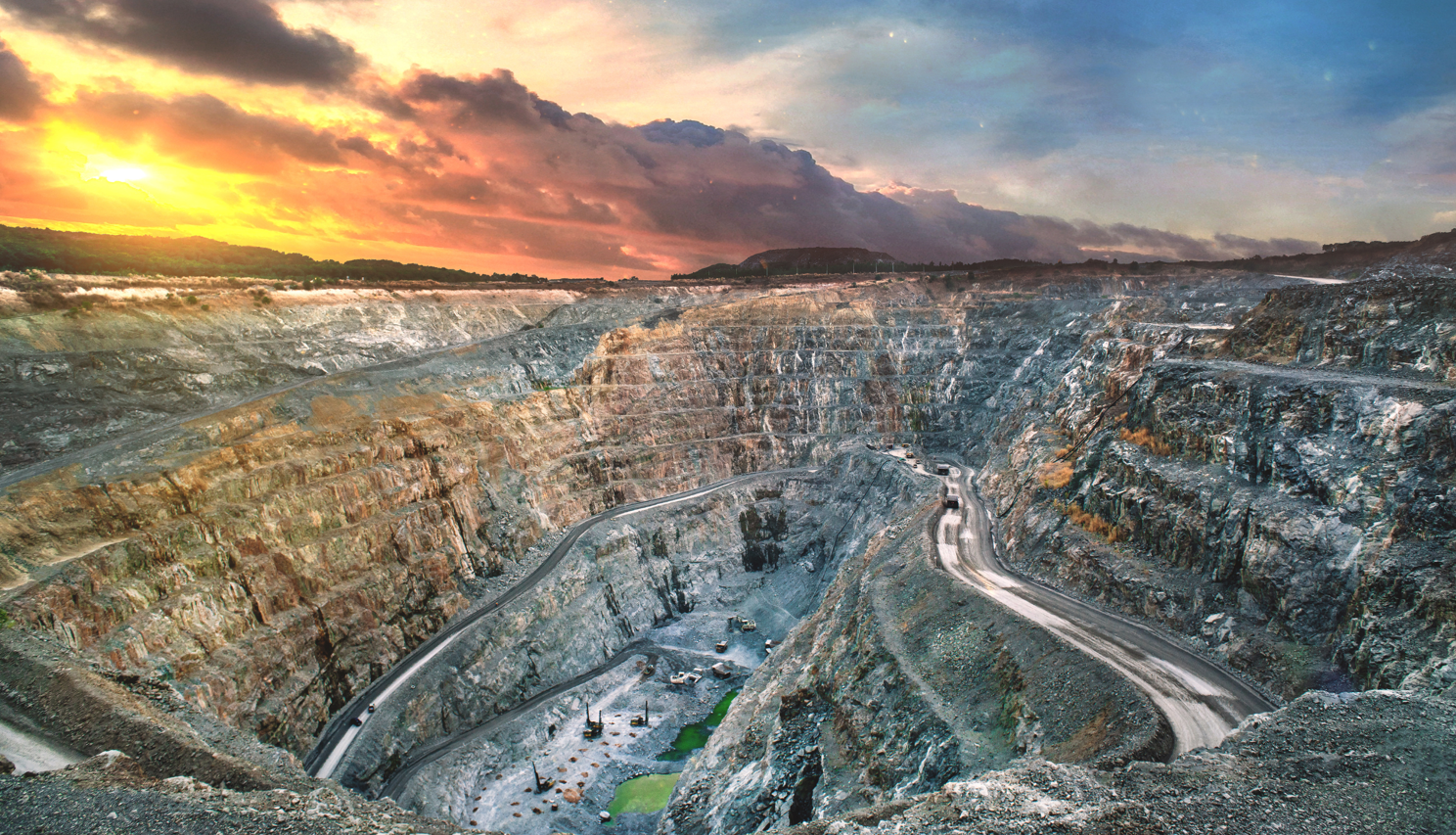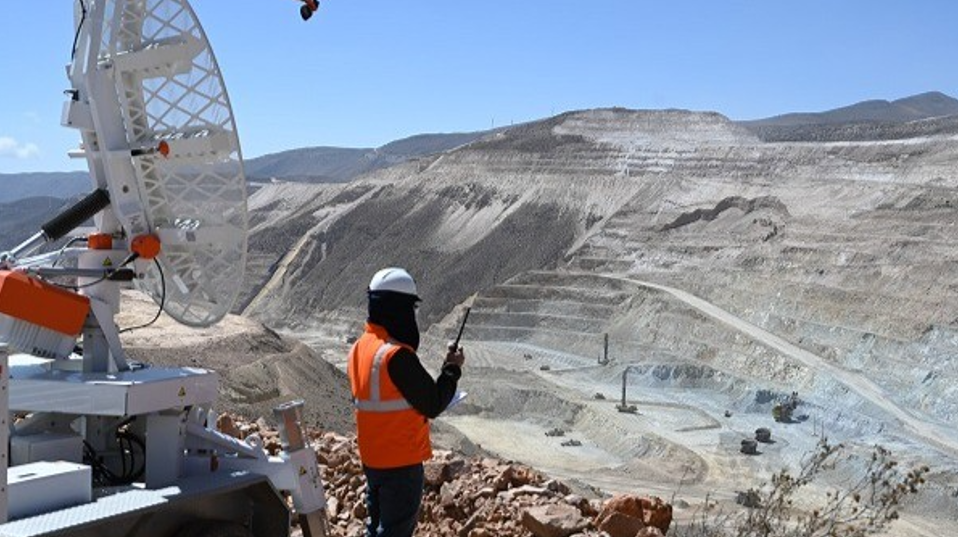Friction: Edition 20 | August 2024
FROM THE EDITOR
Welcome to August! This month, we delve into the varying standards of geotechnical education and training around the globe.
Australian geotechnical engineers are fortunate to operate in an advanced industry, with ample access to resources, technology and development opportunities. But not every resource-rich nation is the same. With a shortage of engineers coming through, there is a significant need to address advancement in training geotechnical engineers in resource-rich developing countries, to ensure a thriving industry globally.
Together with Jannie Maritz, Senior Lecturer at the University of Pretoria, South Africa, we explore the global disparities in the training and development of geotechs, focusing on the challenges related to technology, funding, resources, and educational pathways in different countries.
Understanding these challenges not only offers valuable insights into the global state of geotechnical education but also underscores the importance of addressing them to foster a more equitable and innovative industry. This conversation is crucial for driving progress and ensuring a sustainable future for geotechnical engineering worldwide.
Want to connect with like-minded geotechnical professionals? Head to our events calendar to keep up to date with what is happening near you. If you’re interested in joining a geotechnical association in your area, check out our Associations Directory.
Regards,
Tim Cartledge
Friction is made possible thanks to our incredible contributors who offer up their valuable time to share knowledge and insights. Do you know a geotechnical engineer who’d enjoy Friction? Feel free to forward this email; share our news and features; and also direct them to our sign-up link here.
Unearthing a global challenge: Training and advancing geotechnical engineers in resource-rich developing countries
When it comes to training and developing geotechnical engineers, the global playing field is anything but level. Resource-rich developing countries face compounding challenges, extending from resources, facilitation of formal programs and funding, to talent attraction and retention, often with complex cultural systems at play.
Cartledge Mining and Geotechnics Principal Consultant Tim Cartledge explores this globally significant issue, with insights from Senior Lecturer Jannie Maritz from the University of Pretoria, South Africa.
NEWS, PUBLICATIONS AND UPDATES
Geotechnical instrumentation and monitoring for slopes: A comprehensive review
The failure of slopes on a mine site can lead to significant issues such as loss of life, property damage, and harm to the environment. Fortunately, there are various instruments available to help reduce risks and maintain slope stability.
This article examines different geotechnical instruments, including inclinometers, extensometers, and piezometers, which are used to monitor slope behaviour. It discusses the effectiveness of each instrument and any potential limitations.
Skills and courses: Routes into the ground engineering industry
For those who aspire to become geotechnical engineers, it can be challenging to figure out the best pathway into the industry.
This article explores the various routes individuals can take to enter the ground engineering industry, including pursuing engineering degrees or earth science studies. It also addresses the industry’s talent shortage, and lack of opportunity and diversity, through several case studies.
Trends and challenges of technology-enhanced learning in geotechnical engineering education
The geotechnical engineering industry is continuously evolving with advancements in technology. So, it's no surprise the approach to geotechnical education has changed over the past few decades.
This article explores how the integration of technology and new tools in engineering has influenced geotechnical education. It also addresses emerging trends and challenges, and proposes solutions the industry can adopt to ensure fresh talent receives the best possible education while integrating new technology into practices.
Study, interpretation and management of water on rock and/or soil slopes
As geotechnical engineers, safety is always front of mind when assessing mining projects. That's why it's crucial to study and manage water in rock and soil slopes to ensure the stability and safety of structures on mine sites.
All geotechs, through training and practical work, become very familiar with water behaviour and impacts on ground. This article explores the complexities of water in the soil and analyses the different methods for monitoring and management used to mitigate the risk of slope failure.
South Africa vs Australia: How geotechnical work changes with the continent
From diverse geological conditions to differing lifestyles and work cultures, there is much to learn from the experiences of geotechnical engineers working in various parts of the world.
Cartledge Mining and Geotechnics Senior Geotechnical Engineer Paul Couto explores the different geotechnical engineering practices in Australia and South Africa. He discusses variances in mineral quantities and technology, as well as the politics and culture of the mining and geotech industries in these two countries.
HAVE SOMETHING TO SHARE?
Friction is about connecting our industry together. If you have an article, paper or insight to share we'd love to hear from you. Find out how you can contribute to Friction here.







